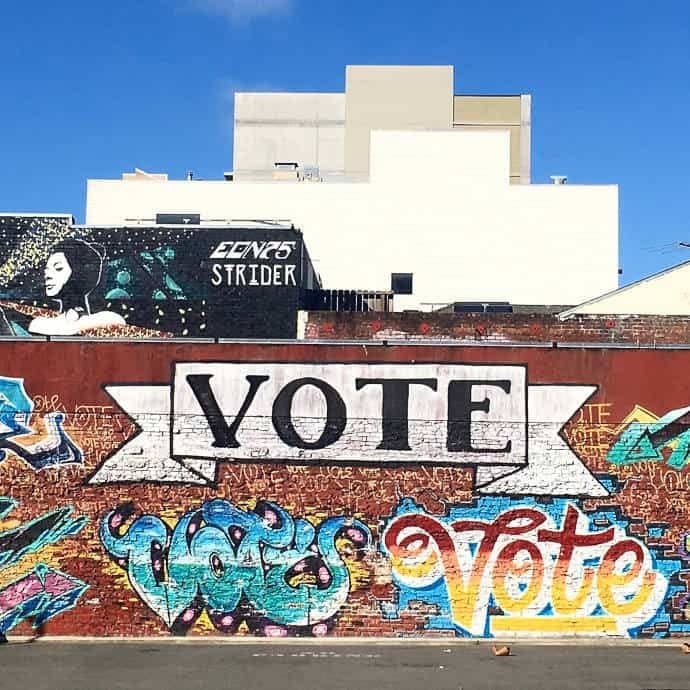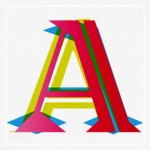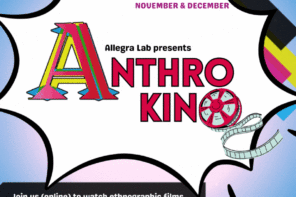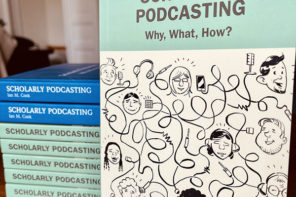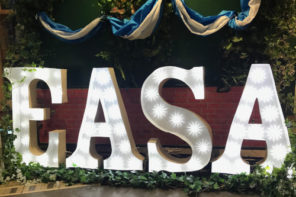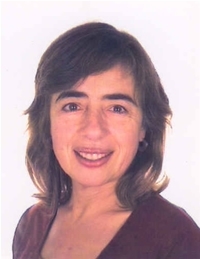
Cristiana: I entered anthropology early in life, enrolling as an undergraduate in a newly formed department at Nova (Lisbon). I entered academia at the most junior level in the mid-1980s at another newly formed department in Lisbon, ISCTE. I leaned towards historical anthropology, taught the classics of social anthropology, and aspired doing something in medical anthropology. I completed my MA on population dynamics in the inner Algarve (MA-Nova) and moved to the U.S. for a PhD at the City University of New York. I concentrated in medical anthropology, became interested in STS, and conducted fieldwork in Brazil among clinical settings, science laboratories, activists and their networks – as portrayed in Global responses to AIDS – Science in Emergency (Indiana UP 1999). I returned to Portugal in the 1990s and took a research-track position at the Institute of Social Sciences, University of Lisbon, where I remain up to our days. I maintained academic ties with the US and Brazil, taught and lectured at Brown, UMass, UNICAMP, Museu Nacional, UFSC, etc., and later expanded my network to European universities or research centers.
I was involved in EASA since its first conference in Coimbra 1990; also worked with EASST, later with SIEF, ICHSTM, IUAES and, consistently, with the AAA, ABA (Brazil) and APA (Portugal). Served on the direction of APA for three mandates; chaired a subcommittee at the AAA.
My PhD-related involvement with the AIDS epidemic brought me to work on several non-academic fronts like activism, journalism, science writing, outreach, policy-advise, etc., and opened choices outside academia; still, I returned to the core of academic research pursuing a theoretical question left open with the AIDS research (the war-like models used to frame and treat infectious disease). That quest led me to a cycle of research on colonial medicine and colonial biopower that matched my interest in historical research. For a period I juggled with several disciplines – anthropology, history, public health, history of science and medicine, studies of colonialism. I conducted archival and site research in Goa, India, and in Mozambique. Anthropology remained my core institutional attachment and I tried to bring the interdisciplinary bridges to my classes, supervisions and published works (articles in Identities, Journal of Southern African Studies, Bulletin of the History of Medicine, International Migration, Social Analysis, Etnográfica, Horizontes Antropológicos, Manguinhos, Análise Social, and several edited volumes).
After the colonial medicine cycle I engaged in a few other health-related research ventures about syphilis, sex-work, lock hospitals and representations (see “Displayed wounds” in Medical Anthropology), and about healing waters and medical spas (as in “From Sulphur” in Anthropology and Medicine and the volume Healing Holidays). I also engaged in developing new tools bridging anthropology and social history to study lives under colonialism and beyond the traditional frame of national empires – in ways that could account for cross-empire migrations and for the complex dynamics of producing race and racialized differences.
That long conceptual quest led me to develop the current project The colour of labour – the racialized lives of migrants, awarded with an ERC Advanced Grant in 2016. With it I was able to form a great team of younger researchers and together we explore different processes of racialization in plantation and plantation-like societies (http://colour.ics.ulisboa.pt/about/). We have been presenting our research in multiple venues; in the EASA conference in Stockholm we had two panels and I had the opportunity of sharing the research on a plenary session.
I am on a moment of intense work at all levels – field research, archival research, analysis, writing, supervising, managing, co-teaching, editing journals, peer-reviewing, hiring committees, grant selections, and all the administrative duties demanded to scholars at a senior level. I also serve on the APA board. I thought my plate was too full and I refused some invitations to run for international associations boards. However, the disquiet of the current political moment and the ways in which it may negatively affect anthropology, anthropologists, and the peoples we mostly associate with, made me change my mind and take the challenge – I had the privilege of growing in anthropology and making it the core of my life, it is now my turn to help making it viable for others hwo share that vocation.
Allegra: What are your main motivations in joining the EASA Committee? Do you have some ‘insider’ knowledge of the association?
Cristiana: I think the discipline is under multiple threats and EASA should have an important role defending anthropology, anthropologists, and the peoples we associate with. What are those threats? In some countries, authoritarian regimes are annihilating our discipline, closing departments, discrediting – and prosecuting — anthropologists who fight for indigenous rights, and directly attacking minorities. EASA should have word and action on that.
On a different front, the current governance of science funding in a number of European countries is promoting another sort of annihilation by computer-run algorithms and blind bureaucracies – e.g., putting anthropology as a sub-section of sociology and leading it to a loop of disappearance via shortage of funding, shortage of positions, shrinking opportunities to work, and subsequent invisibility.
Although involved in EASA since its foundation, I never held governing positions in the association. Yet I have strong articulations with other international societies worldwide, and I think my contributing potential lies on facilitating connections for shared global actions.
Allegra: What are your views regarding Open Access publishing and ‘public anthropology’ more broadly?
Cristiana: In the past, EASA meetings had sessions with the format of a debate between opponents on a theme and the audience voted on the most persuasive ones. I remember a session in Barcelona, 1996, when the subject was something like “Should knowledge be free?” Independently of the quality of the arguments of each side – with touchy issues on indigenous knowledge and intellectual property – there was no question that anthropologists voted on the side of free knowledge. That would go without saying, that we are the kind of people who cherishes free-circulating knowledge and free access to what is out there to be known. But what is being promoted as “open access” by publishing compounds is something else, and a diagnosis of the current situation – it self quite dynamic, with guerilla sites offering free access intermittently, some government funded sites trying to detour the access obstacles, universities fairing differently in how they make literature accessible, and projects of association-based sites that promise more consistency in open access — is yet to be done. EASA should be a main actor in defining what are our needs, goals, and viable horizons, and in fighting for them.
As for Public Anthropology – I consider it a must and an urgency that we all should be involved with, while not all of us are equipped to bring meaningful contributions. EASA may have a major role in assisting anthropologists in making our knowledge public and make us relevant in our own terms.
Allegra: A new generation of anthropologists is experiencing a series of concerns related to their profession and their future. How do you see the role of EASA in this scenario?
Cristiana: EASA has a fundamental role in this front. The degradation of work conditions into permanent uncertainty and precariousness is not only a disgrace for those who have to endure it for long but also destroys the quality of intellectual work and, ultimately, the discipline, knowledge in general, freedom, dignity. All of us, tenured and untenured, students and faculty, seniors and juniors, researchers and subjects of research, are affected by the extreme neoliberal marketization of the profession – one that carries the seeds of its destruction. EASA should not only be most aware of this equation but also find ways to intervene, mitigate and assist in the making of alternatives.
Featured image by wiredforlego (flickr, CC BY-NC 2.0)

